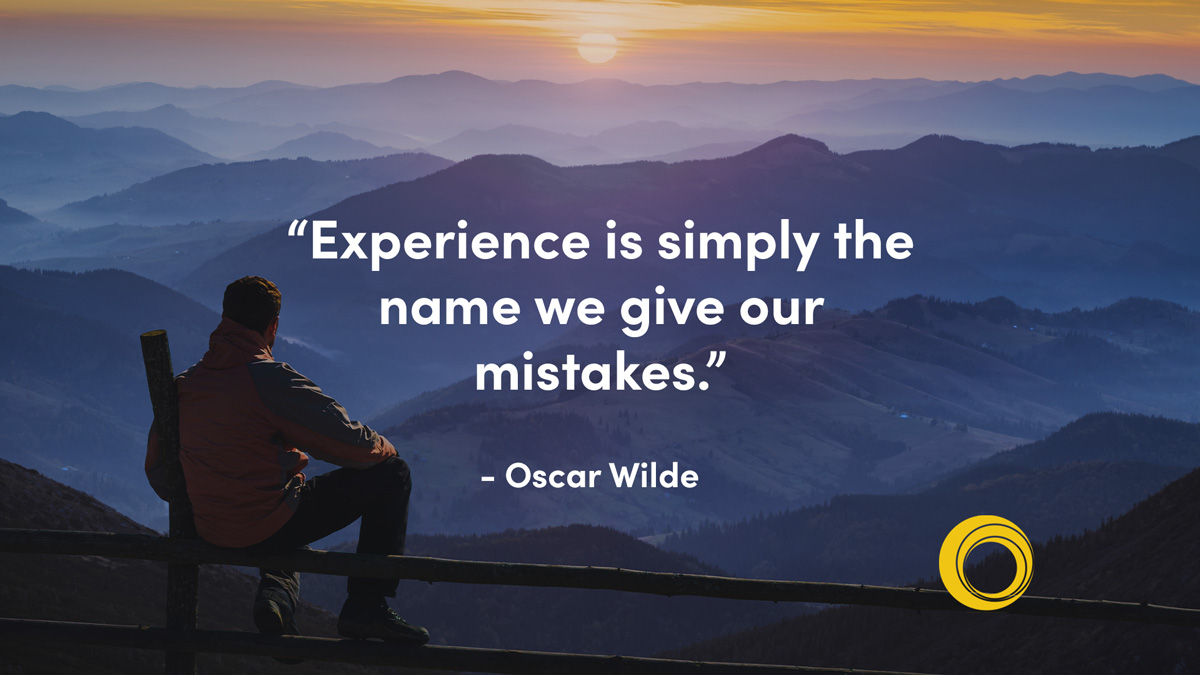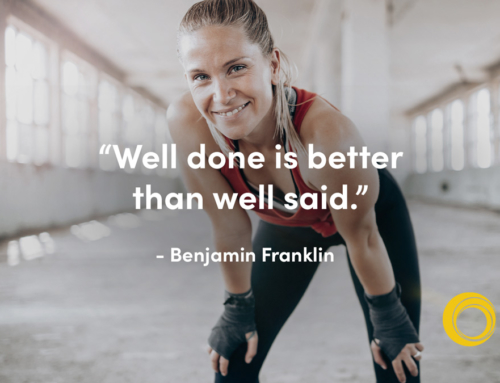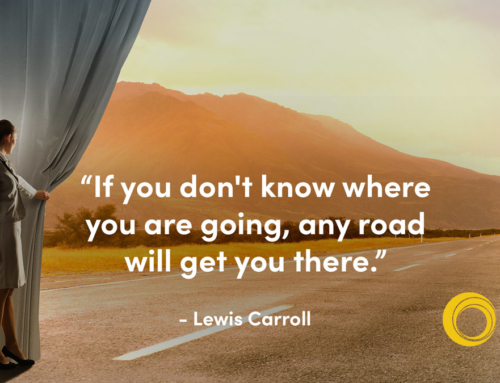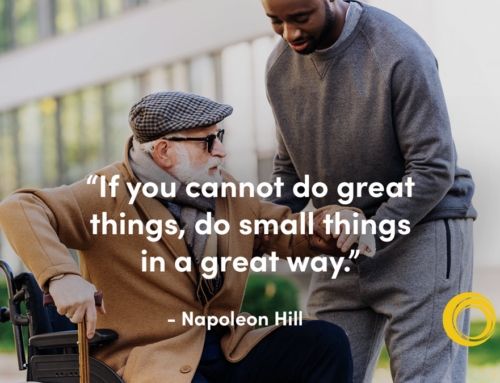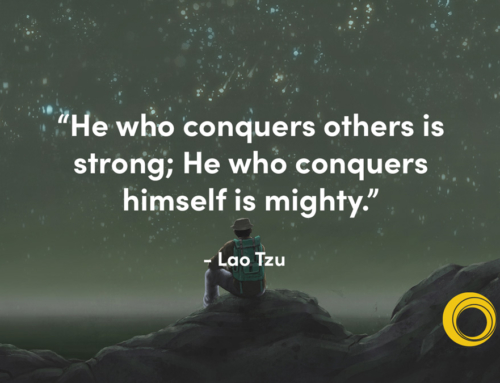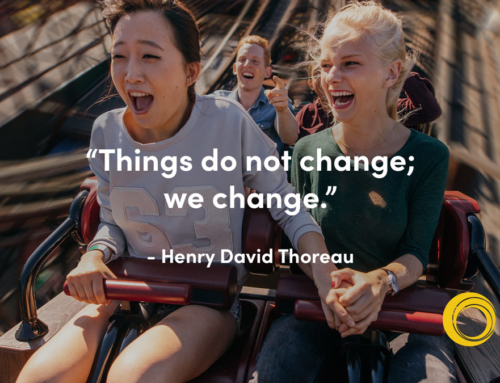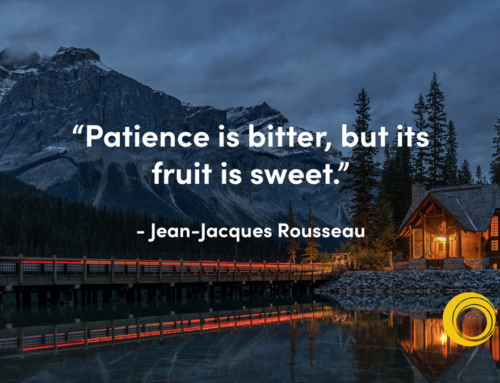“Experience is simply the name we give our mistakes.” – Oscar Wilde
You’ve probably heard someone say that failure is not an option. Maybe you’ve even said it yourself. We usually say things like this to sound motivated or to inspire others. Failure is not an option!
As great as this sounds, it is not a reflection of actual reality. Failure must always be an option. In fact, failure is a requirement.
Sometimes we view failure as the opposite of success. Those who’ve achieved success, though, will tell you about the countless amounts of times they failed, learned, got back up again, and took another swing. That is the very basic and simple path to improvement.
But those who avoid failure will rarely challenge themselves or put themselves into risky positions because, well, failure is not an option. And what happens if you end up stretching your boundaries and falling short?
You feel like you’ve betrayed yourself, and those around you whom you made promises to.
Thus, avoiding failure is actually avoiding growth, because it means you’re also avoiding opportunities to learn through making mistakes.
Everyone who ever achieved anything great did it by working through multiple iterations of the same process. They’d make tweaks, changes, mistakes, slip-ups, progress, more mistakes.
I once read a story of Tony Hsieh, the CEO of Zappos. Tony and his business partner would constantly have to move out of apartments because they were broke and about to be evicted.
Now, Tony is worth an estimated $840,000,000. That’s eight hundred and forty million dollars. That’s almost a billion.
Tony also lives in a trailer park near Las Vegas. But that’s another story for another time.
The point here is that Tony, and anyone else who’s achieved massive success (whatever success means to you) has made a plethora of mistakes along the way. They HAD to. It was NECESSARY.
You may not be Tony Hsieh, but you can relate to the idea of learning through failure and frustration. Think about the start of a new relationship, or a new job, or a new business venture – you look back at your previous experiences for lessons you can use to be more effective the next time around.
We must keep this in mind in the present moment when we are struggling or feeling frustration. We might make a mistake and get down on ourselves. We might begin a cycle of negative self-talk which can be damaging to our confidence. Or maybe we refuse to admit the mistake altogether and pretend like it never happened. Maybe nobody will notice…
But, if we think into the future and how each mistake serves as a learning experience, it will soften the blow of each one that happens in the now.
Making a mistake is like investing in an account where long term growth is the goal. It may not look as impressive as you’d like right now, but you’re willing to see it through because you know what the future holds.
The same is true for your missteps. We all have them, but those who achieve success are the ones who use them as stones on the path to somewhere worth going.
